Highly Regulated Industries & DITA – The Medical Devices Example
When designing and manufacturing highly regulated goods, like drugs or planes, adequate technical documentation is essential. Printed PDF output is often mandatory. Labeling is highly controlled, both in content and in order. Profitability often requires handling a vast panel of products distributed in many countries, and so translation requirements need to be managed in an extensive and flexible manner. And technical documentation must adapt rapidly and extensively to constantly evolving international requirements.
DITA and CMS migration are appealing to the medical devices documentation team, despite being currently underdeveloped for historical and technical reasons. The technical writer longs to save time and avoid repetitive copy-paste when adapting to evolving regulations. The project manager rejoices at the prospect of saving money by translating only the minimum necessary. And the Regulatory Affairs expert is relieved at the prospect of more rapid and consistent compliance with new regulations.
This talk will present the main advantages and challenges of moving to DITA and a CMS in a highly regulated environment, based on the medical devices industry. It will also offer proposals for evolution in the DITA standard to adapt to this demanding but extensive market. It will finally reflect on the exciting perspective, for both the DITA community and the pharmaceutical industry, to start working more closely together.
What can attendees expect to learn?
This presentation is aimed at three different types of audience. The technical writers working in a highly regulated environment will better appreciate the advantages and challenges of moving to DITA. The tools providers, from DITA authoring tools to CMS, will better understant the specific requirements for teams working in this environment and wishing to migrate to DITA. Finally the DITA community will better understand the need of highl regulated environments and how the DITA standard could be adapted to cater these needs.
The very essence of DITA, because a coded XML-based language, makes it more accessible, understandable and usable to technical writers working in the IT field, which is not highly regulated. On the other side, highly regulated environments would benefit from DITA and CMS, but their access to DITA is less straightforward,and the tools need to be adapted.
Regulated environments request important resources, in terms of documentations, and so technical writers and tools. It would benefit at the same time the manufacturers, the tools providers and the DITA community to start working better together.
Meet the Presenter

Yamina is a technical writer at bioMérieux, a world leader in the field of in vitro diagnostics. After completing a degree in international law, she specialized in technical writing, with experiences in heavy machinery, telecom, IT and biology. She has taken part in various migration plans to DITA and in the implementation of CCMS. She customizes XSL stylesheets for PDF and HTML output.
